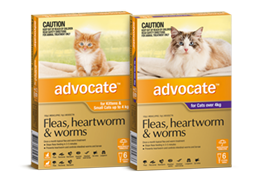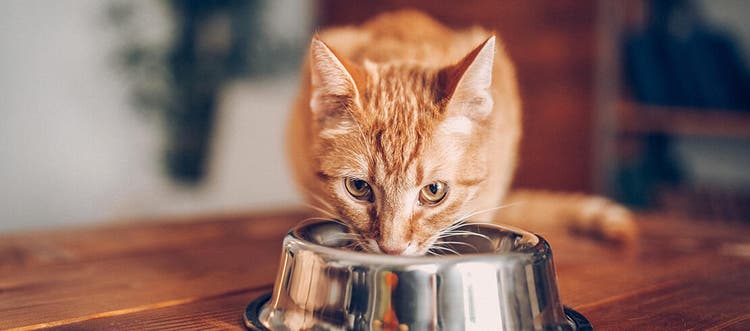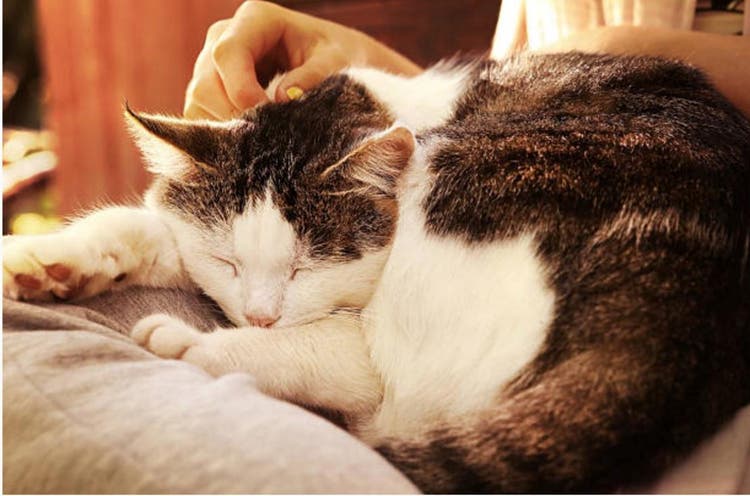Even if your cat never leaves the house, they can still get worms. That’s why regular deworming treatments are essential to keeping your indoor cat healthy and worm-free.
Can my indoor cat get worms?
Many cats are natural-born roamers, but others spend all of their time indoors. If your cat isn’t an outdoor explorer who enjoys catching mice or interacting with other animals, you might wonder if you still need to worry about worms.
The answer is yes. Unfortunately, even cats that never venture outside are still at risk from parasites like tapeworms, roundworms, hookworms, lungworm and heartworm.
Worms that can infect an indoor cat
Tapeworms
Tapeworms are long, flat, segmented worms that live inside the small intestine of infected animals. Indoor cats can become infected with tapeworm in a few different ways, but the most common is by eating infected fleas. Even though your cat may never set a paw outdoors, fleas can hitch a ride into your home on your clothes, other pets or visitors to your home. Cats will unknowingly eat fleas in their coat while they are grooming, potentially infecting themselves with tapeworm in the process.
Roundworms
Roundworms are also hard-to-avoid parasites that can afflict indoor cats. Roundworms are large, white spaghetti-like parasites that live in the small intestine of the gut, laying thousands of eggs a day.
Roundworm eggs can be brought indoors on shoes or clothes, and if your cat accidentally eats these, they may become infected. Roundworms can also be passed to kittens through an infected mother’s milk, so a young cat might already have worms before they even arrive at your home.
Hunting is another way that roundworms can be transmitted to cats – so if your indoor cat catches a lizard or rodent that finds its way into your house, they could be at risk for roundworms.
Hookworms
Hookworms are small, blood-sucking worms that live in your cat's intestines and in large numbers can make your cat very sick. Lizards, rodents and cockroaches that venture into the house are a source of hookworm infection for indoor cats.
Lungworm
Small animals such as lizards and rodents, as well as snails or slugs that might find their way indoors, can be a source of lungworms to indoor cats. Lungworms are small worms that live within and cause damage to the airways, lungs and surrounding blood vessels of infected cats.
Heartworm
It takes just one bite from an infected mosquito to transmit this potentially deadly parasite. In cats, heartworms mainly affect the lungs, causing respiratory symptoms such as coughing, wheezing and trouble breathing. Some infected cats can die suddenly without showing any symptoms.
How to treat worms in your cat
If your cat gets worms, there are several simple and effective solutions to choose from.
AdvocateTM is an easy way to protect your cat from most intestinal worms, as well as heartworm, lungworms, fleas and mites, with an easy to apply monthly spot-on treatment. Advocate not only kills intestinal worms at the time of treatment, but with regular monthly use is able to provide ongoing protection from new worm infestations between treatments.
Another option are MilbemaxTM tablets, regularly deworming your cat with Milbemax will protect it from all major gastrointestinal worms.
As always, make sure you consult with your veterinarian to ensure you are receiving the best advice for your pet’s specific needs.
Always read and follow label directions.



